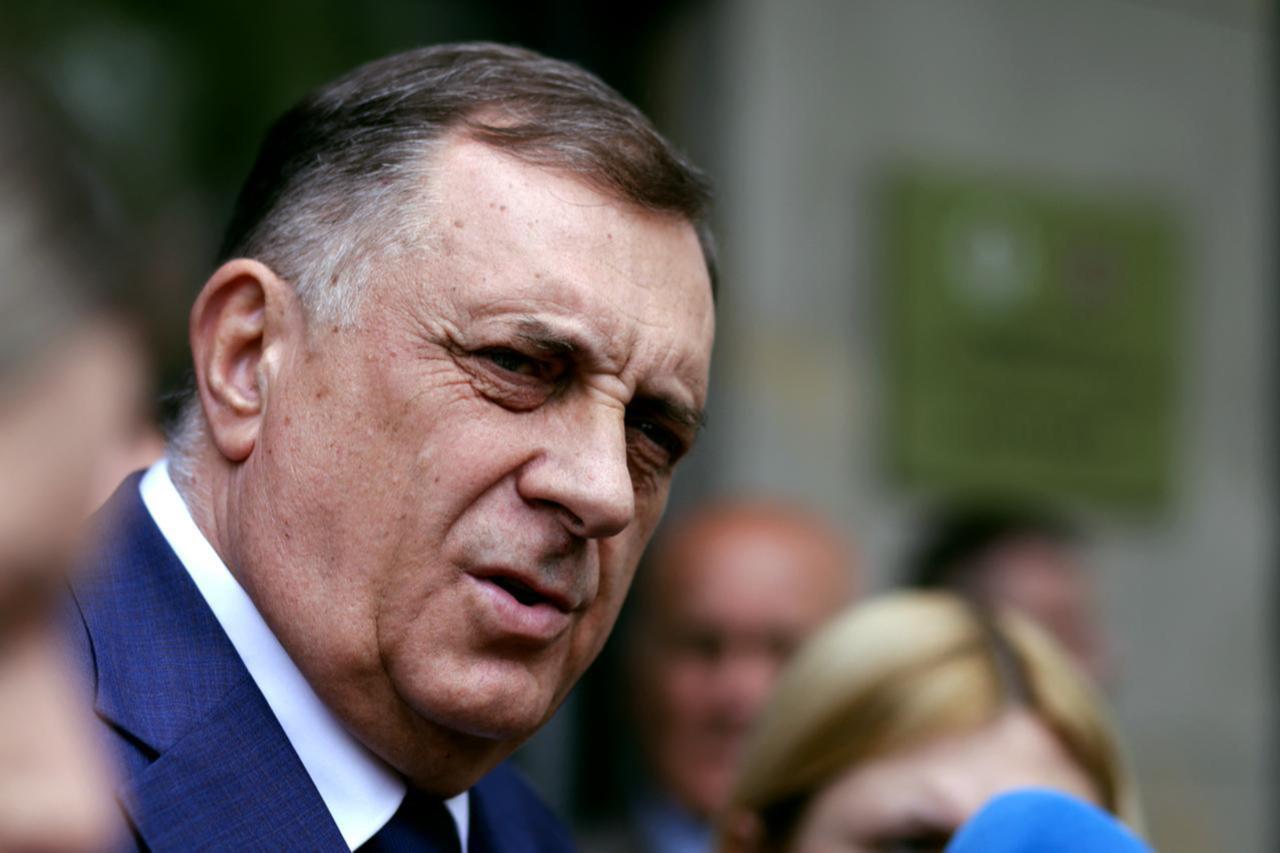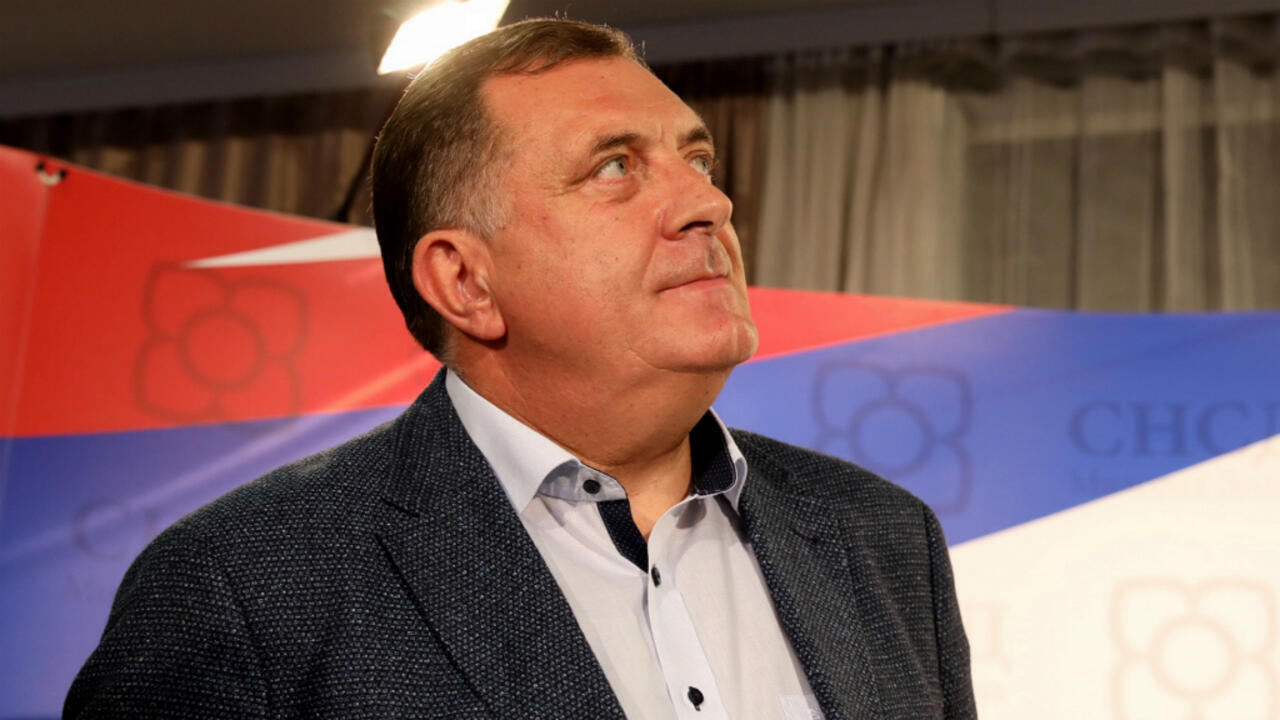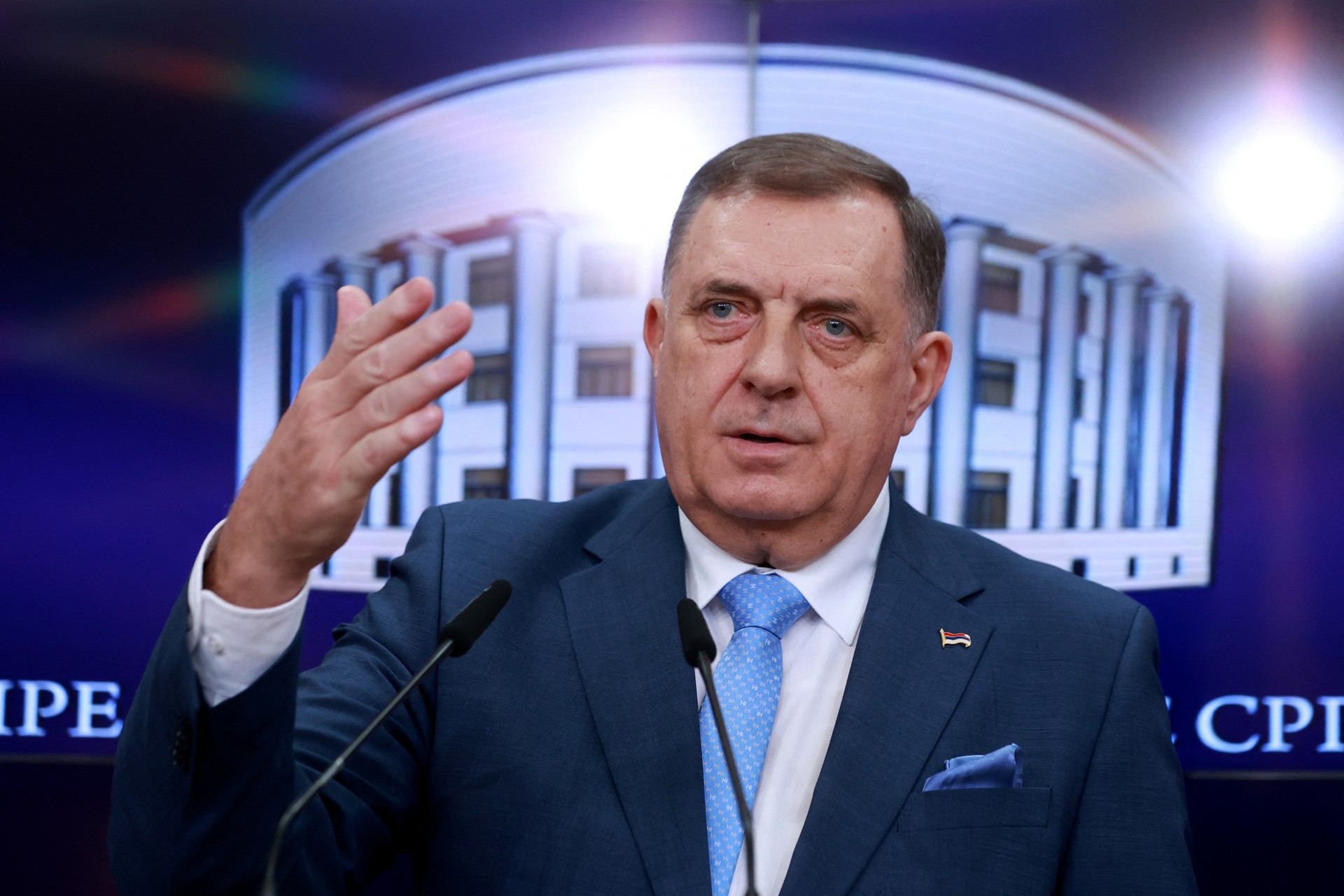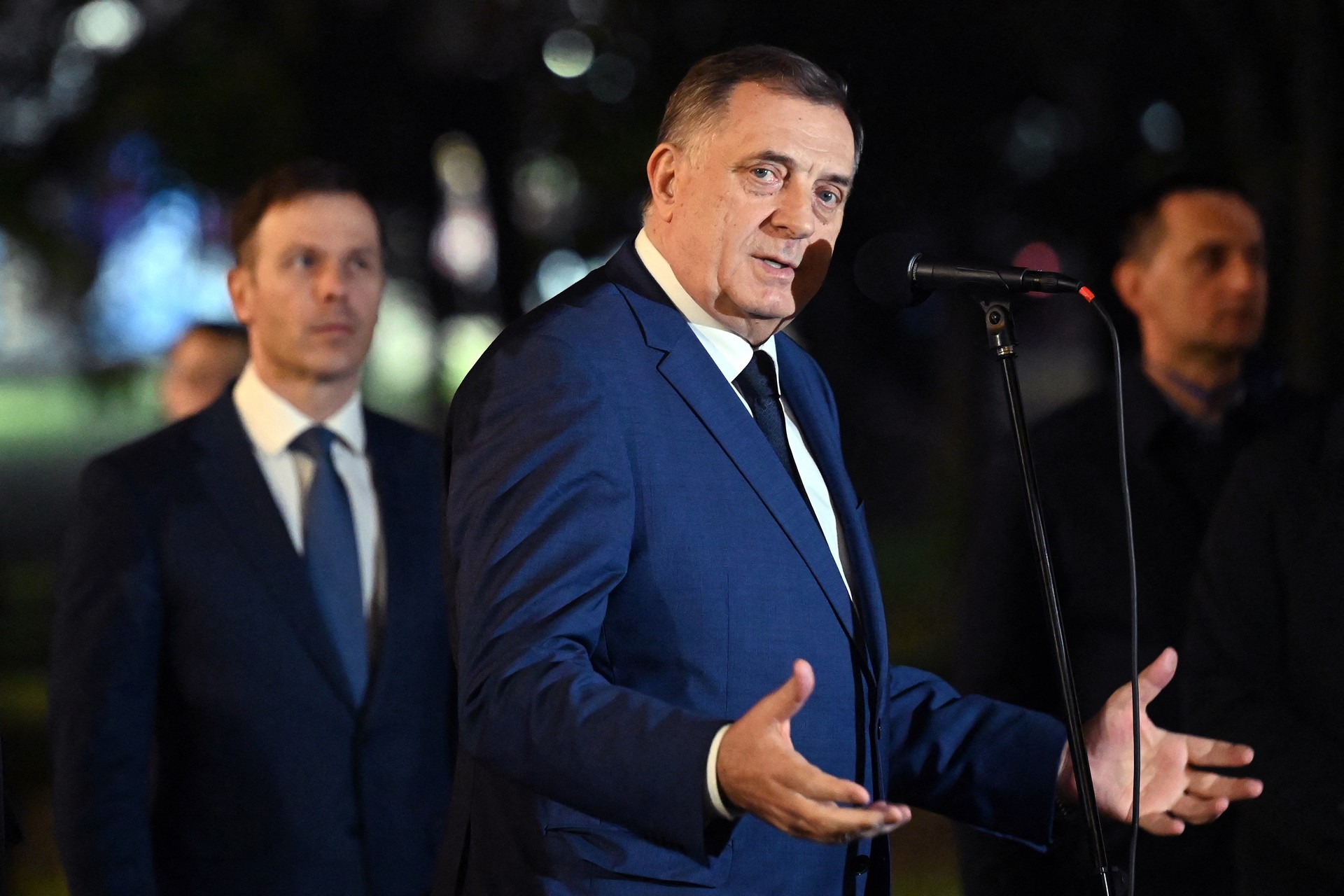
Bosnia and Herzegovina's election commission on Wednesday removed Milorad Dodik from his position as president of Republika Srpska, the country's Serb-majority entity, after an appeals court upheld his conviction for defying international oversight.
The Central Election Commission unanimously voted to revoke Dodik's mandate following the court's decision to maintain his one-year prison sentence and six-year ban from holding public office. The February conviction found Dodik guilty of defying decisions made by the Office of the High Representative, the international body that oversees implementation of the 1995 Dayton Peace Accords.
Dodik rejected the commission's decision on social media platform X, calling it the "last thing" Sarajevo would do to him. His legal team announced plans to appeal the ruling to the Constitutional Court.
The removal triggers an early presidential election in Republika Srpska that must be held within 90 days following the appeal period, marking a potential turning point in the entity's leadership after nearly three decades of Dodik's political dominance.

The 66-year-old politician's conviction stems from his systematic efforts to undermine Bosnia's state institutions, including enacting laws in Republika Srpska to ban federal security and judicial bodies from operating within the entity. He also pushed for a new constitution that would redefine Republika Srpska as a state with its own military and right to self-determination—measures that directly violate the Dayton Accords.
Dodik's political trajectory represents a dramatic shift from his early career, when he was praised by Western leaders, including then-U.S. Secretary of State Madeleine Albright, as a "breath of fresh air" for his cooperation with international peace efforts. However, following an electoral defeat in 2001, he adopted increasingly nationalist and secessionist positions, denying the Srebrenica genocide and advocating for Republika Srpska's separation to join Serbia.

His alignment with Russia, Serbia and Hungary has drawn international sanctions from the United States and the United Kingdom for corruption and destabilizing actions. The European Union has stated that Wednesday's court ruling is binding and must be respected, emphasizing that Bosnia's aspirations for EU membership require strengthening the rule of law.
Russia condemned the verdict as "unacceptable" and "politically motivated," while Serbian President Aleksandar Vucic and Hungarian Prime Minister Viktor Orban expressed support for Dodik. The backing from Moscow reflects broader regional dynamics as Russia seeks to maintain influence in the Balkans amid tensions with Western powers.

The removal raises concerns about potential instability in Bosnia, where ethnic divisions between Bosniaks, Serbs and Croats remain pronounced nearly three decades after a war that killed approximately 100,000 people. The EU peacekeeping force has deployed additional troops to maintain stability amid fears of escalating ethnic tensions.
Dodik's defiance of the Dayton framework threatens the fragile peace structure that established Bosnia as a state with two autonomous entities under a weak central government. His actions have prompted fears of renewed conflict in a region still scarred by the 1992-1995 war.
The politician has not been arrested, and Bosnian authorities have requested an Interpol red notice after Dodik traveled to Moscow via Belgrade and Jerusalem earlier this year. Russia is unlikely to honor any extradition requests.